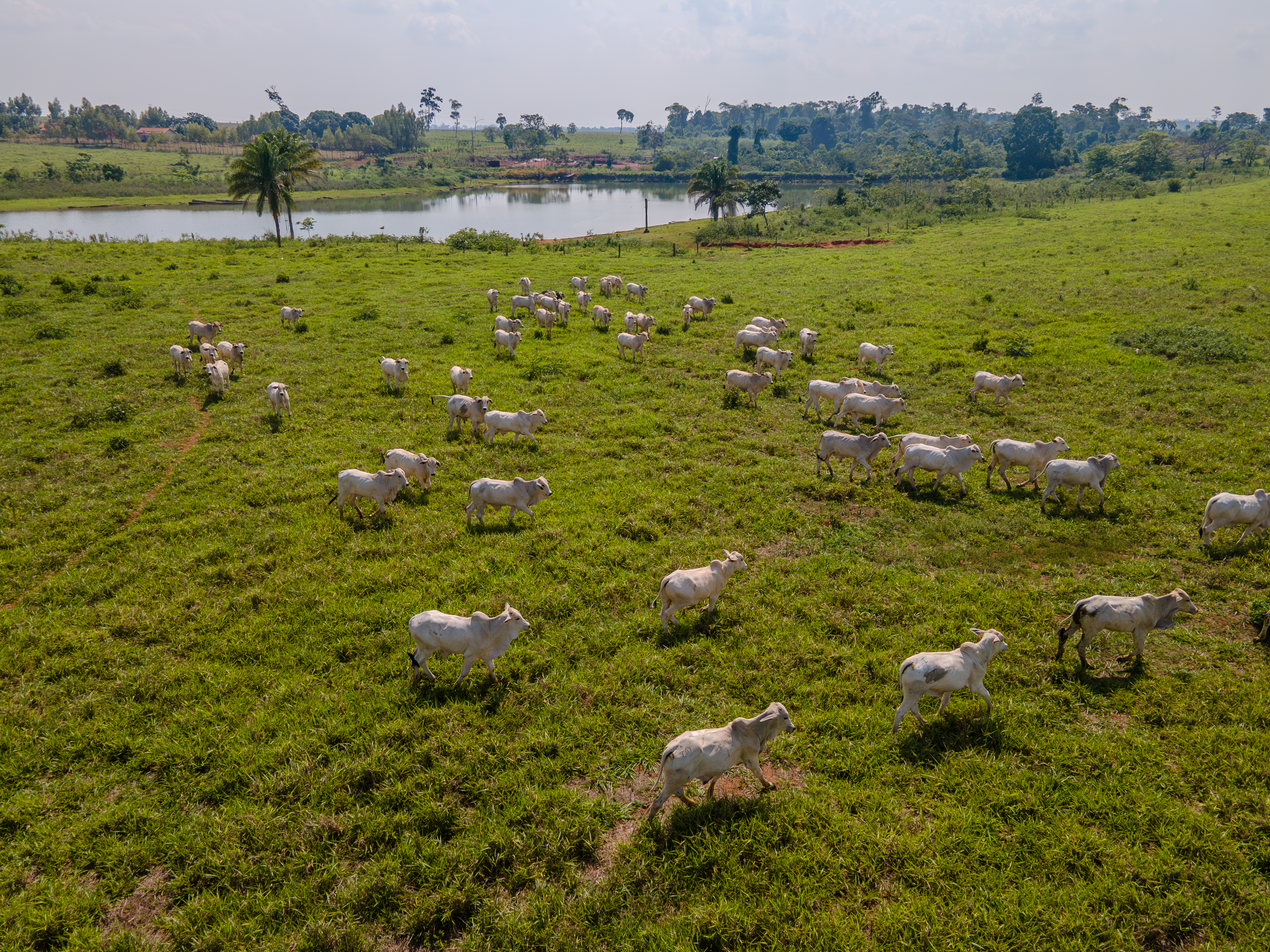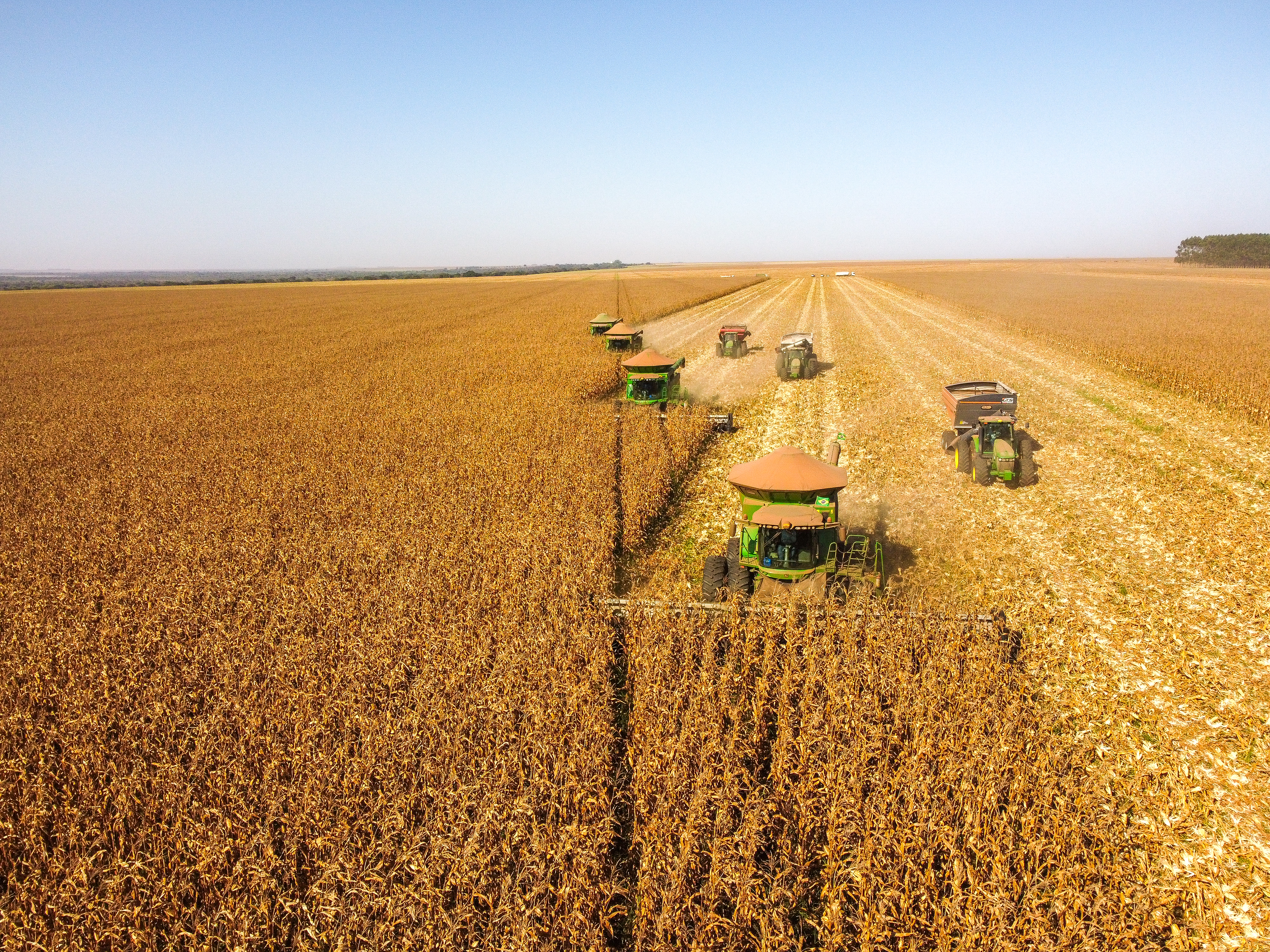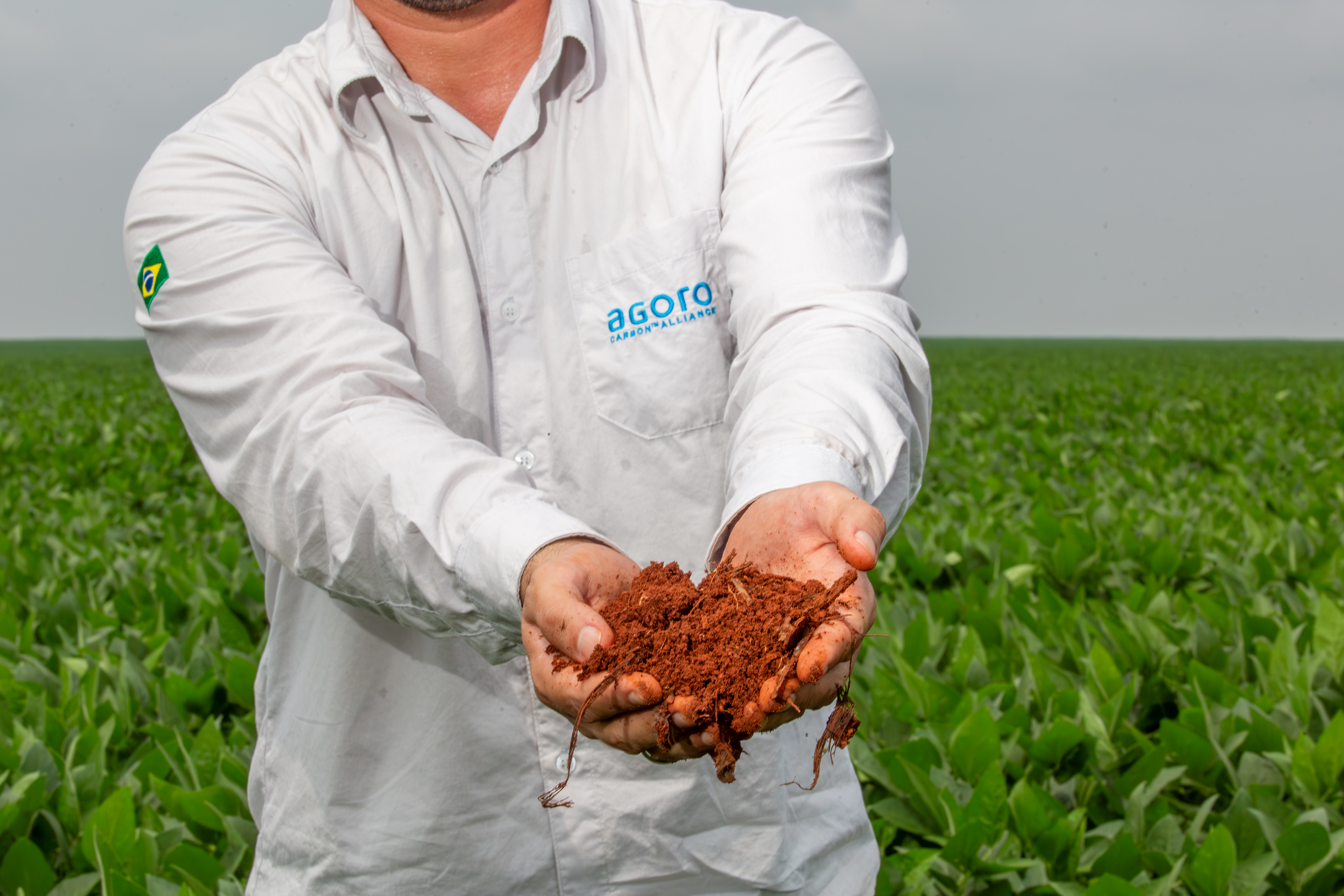Meet Agoro Carbon's Brazil Team
Delivering Practical Carbon Solutions for Brazilian Producers
Introducing Agoro Carbon Brazil
At Agoro Carbon Alliance, our mission is to drive the global adoption of regenerative agriculture practices through high-quality, science-based carbon solutions that enhance soil health and farmer prosperity. Established in 2021 by Yara International, we launched our pilot project in Brazil that same year and expanded to commercial operations in 2022. Brazil’s tropical climate allows for multiple growing seasons annually, offering significant potential for carbon sequestration. By implementing year-round crop succession and integrated crop-livestock systems, Brazilian producers can improve soil health and biodiversity. These regenerative practices not only contribute to a more sustainable agricultural landscape but also provide farmers and ranchers with additional source of income through carbon credit payments
Committed to partnering with Brazilian producers to create
positive and lasting impact on the climate, soil health, and
the agricultural community.
Committed to partnering
with Brazilian producers to create
positive and lasting impact
on the climate, soil health, and
the agricultural community.
Carbon Practices That Generate Credits and Build Soil Health

Crop-Livestock Integration
Combining agriculture and livestock farming in the same area can increase productivity. At the same time, these production systems are highly efficient in adding carbon to the soil. Farmers and ranchers eligible to participate.

Cover Crops
Adding cover crops—alone or in consortium—not only supports carbon sequestration but also brings secondary benefits like nutrient cycling, erosion control, and soil protection. Eligible farmers can participate.
Rooted in Knowledge and Commitment
Four things set Agoro Carbon apart: our grower-centric program, our obsession with quality and rigor, our deep knowledge of agronomy, and our long-term commitment to growers.”
Evelin Krebsky, Brazil Managing Director

Evelin
Krebsky
Frequently Asked Questions.
Despite both countries being large, Brazil is a tropical country with agricultural production during all year in some regions, meaning more than one crop season a year. At the same time, it is still possible to increase integrated crop production systems areas, further increasing the potential for carbon accumulation.
The Agoro Carbon science and data teams help to ensure that the practices Agoro Carbon offers are supported by scientific literature to sequester carbon or mitigate greenhouse gases. We accurately measure, quantify and report tradeable carbon – ensuring our claims are accurate, transparent and traceable.
Agricultural carbon credits are verified carbon dioxide (CO2) tons, or an equivalent amount of another greenhouse gas (GHG), avoided and removed from the atmosphere because of the implementation of regenerative agricultural land management activities on cropland and pastureland. Agricultural carbon credits are considered a Natural Climate Solution (NCS), the conservation, restoration, and improved management of ecosystems to reduce or remove greenhouse gases from the atmosphere. Implementing these regenerative agricultural practices that create Agoro Carbon credits lead to increased carbon sequestration rates in the soil, reduced soil disturbance and erosion, increased crop residue, improved water management, and improved forage quality and quantity. Additional benefits include improvements in soil, water, and air quality, biological diversity enhancement, the provision of natural habitats, and ecosystem functioning.

Want To Know More?
Take your first steps towards carbon farming and ranching by reaching out to a Carbon Cropping Specialist with any comments or questions.